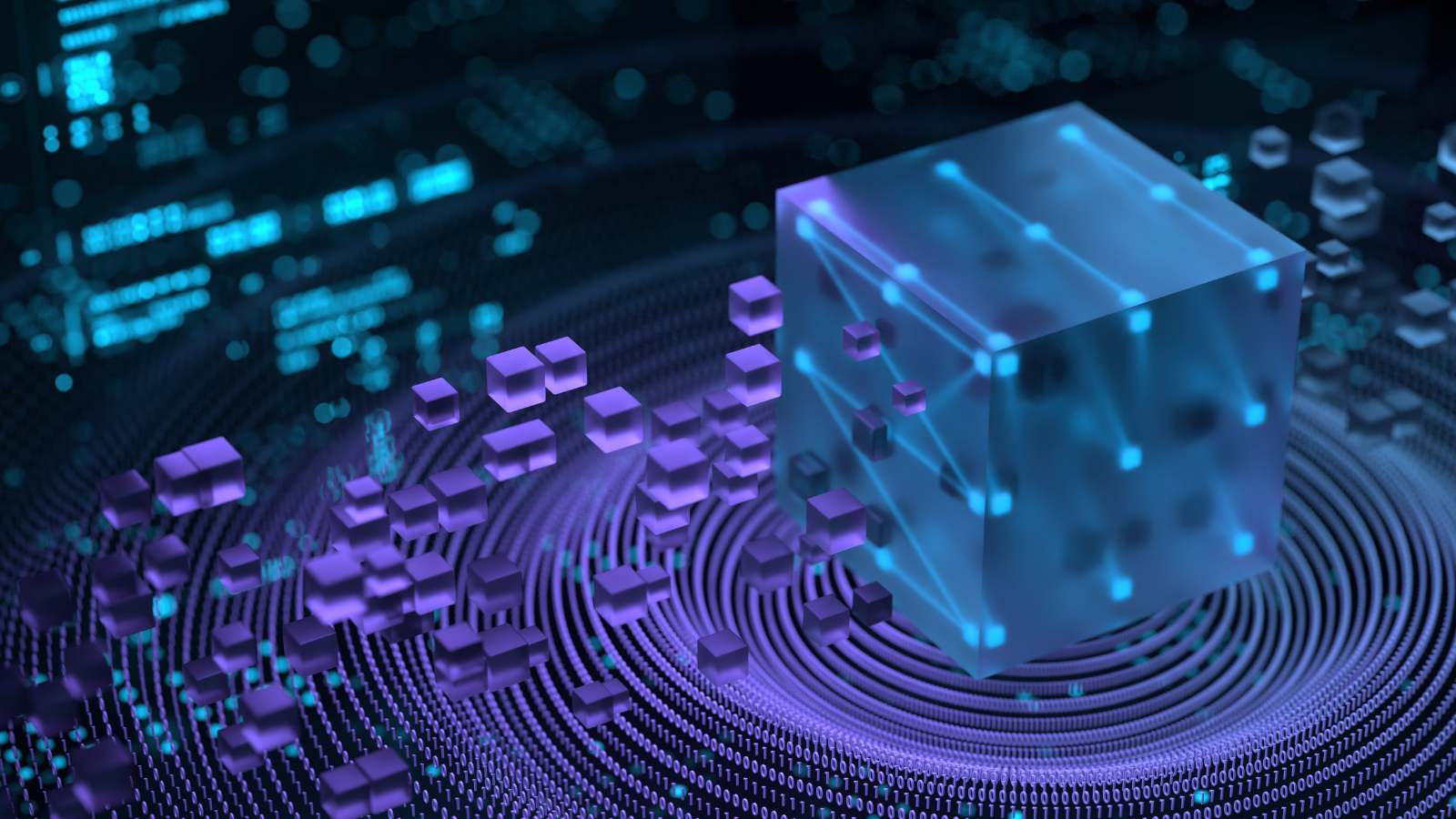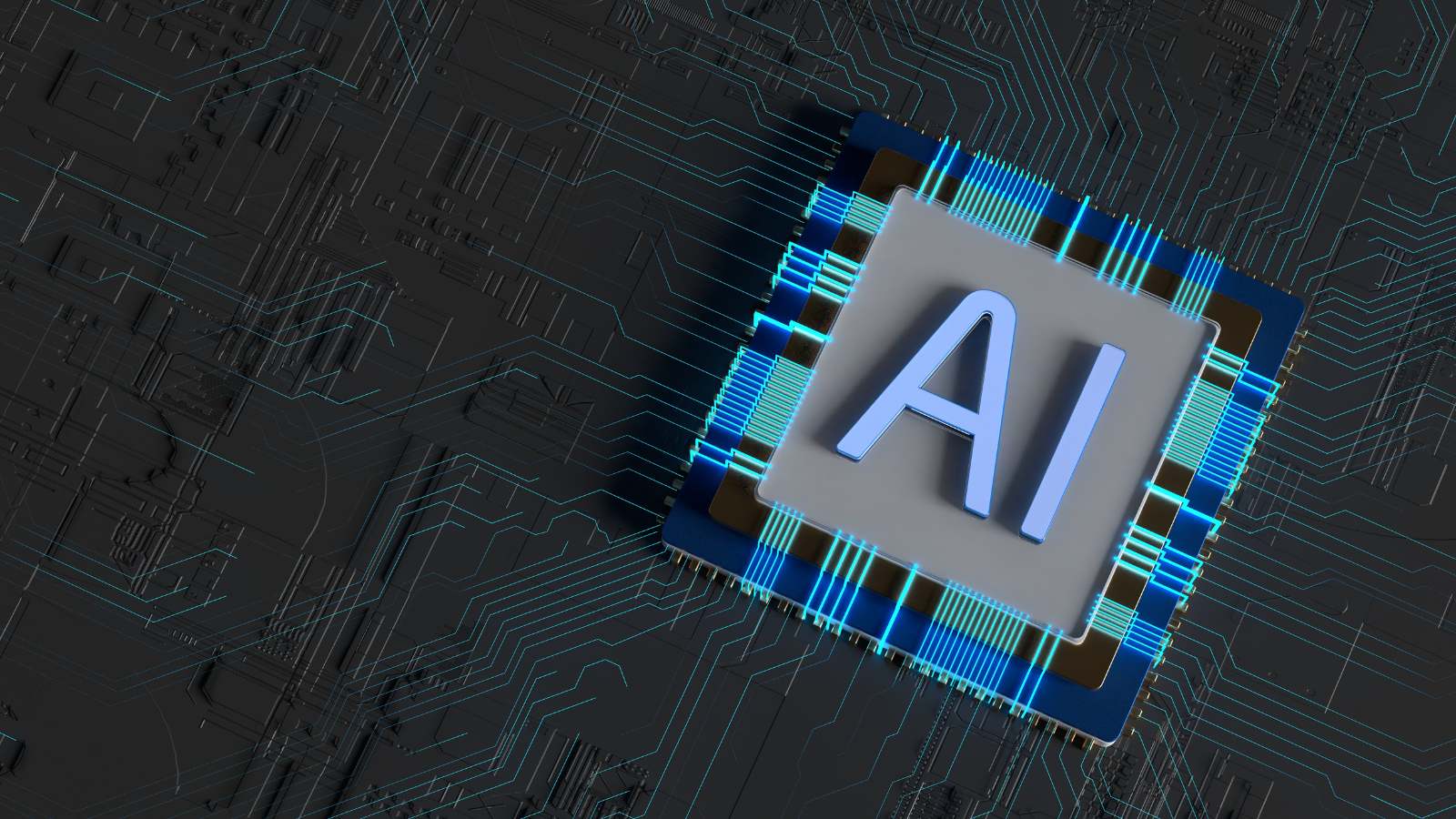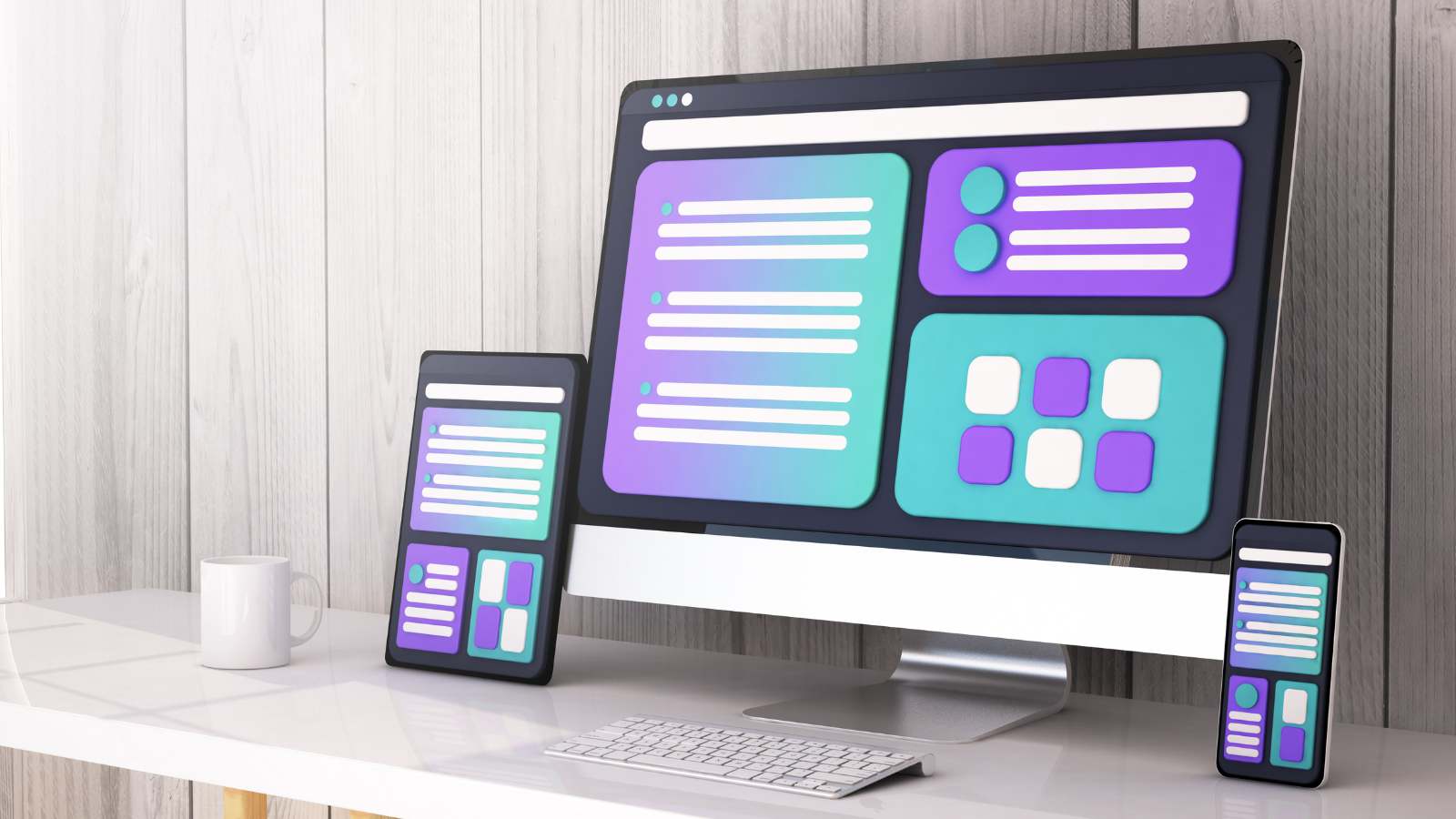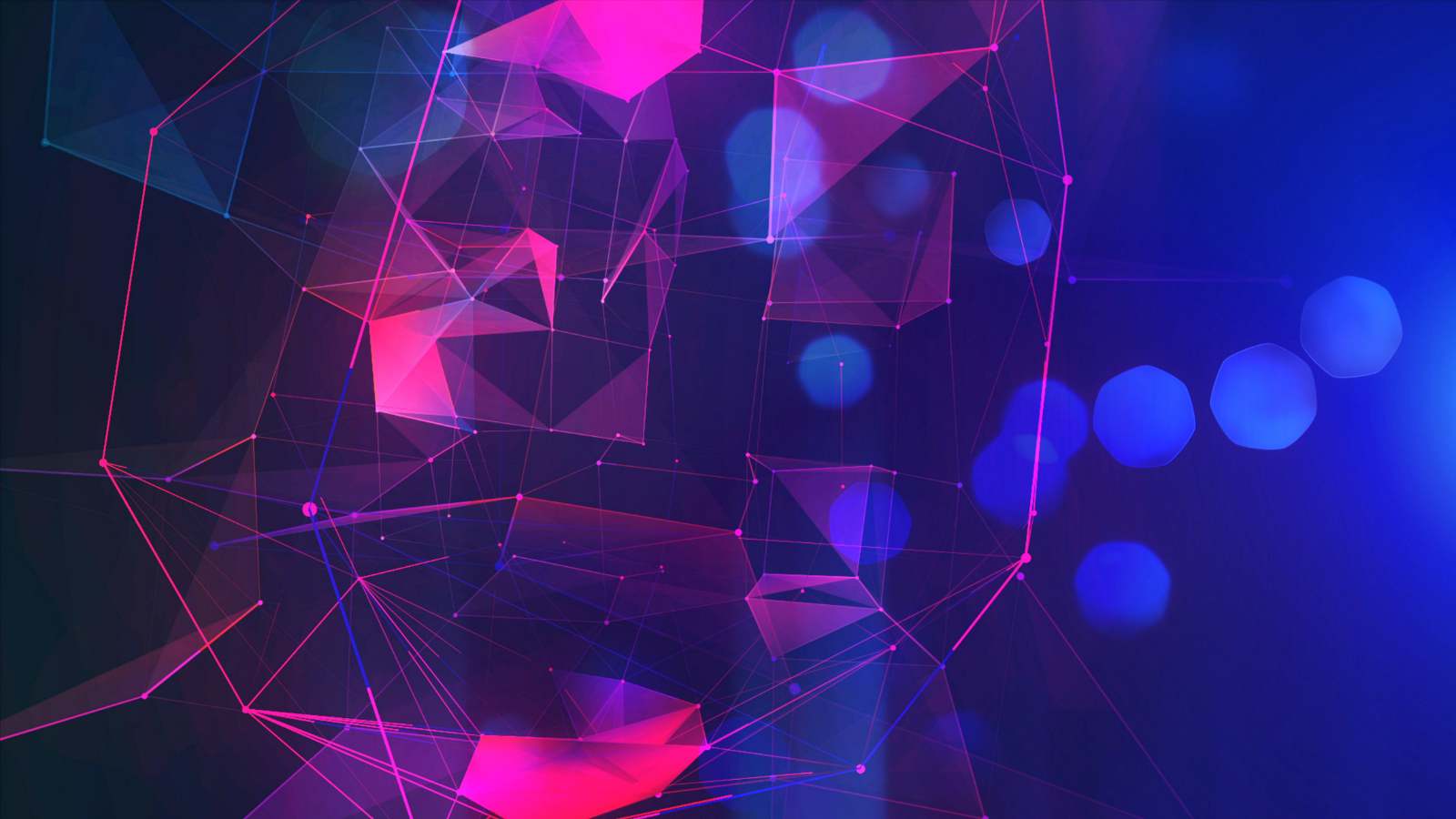Preparing for an AI Future with Blockchain Solutions

The convergence of blockchain and AI promises to reshape various industries, driving innovation and unlocking new opportunities. As we prepare for an AI-driven future, leveraging blockchain technology can offer solutions to address key challenges and enhance the capabilities of AI systems.
01/12/2023
Enhancing Data Security and Privacy
Data is the lifeblood of AI, but ensuring its security and privacy is paramount. Blockchain’s decentralized and immutable nature makes it an ideal solution for safeguarding sensitive data. By storing data on a blockchain, organizations can ensure that it is tamper-proof and only accessible to authorized parties. Blockchain can also facilitate secure data sharing among multiple stakeholders, maintaining privacy through encryption and zero-knowledge proofs. This is crucial for AI systems that require large datasets for training and decision-making.
Ensuring Data Integrity and Transparency
AI algorithms rely heavily on the quality and integrity of the data they process. Blockchain can provide a transparent and verifiable record of data provenance, ensuring that the data used for AI training is accurate and trustworthy. This is especially important in sectors like healthcare and finance, where the consequences of erroneous data can be severe. By utilizing blockchain, organizations can track the lifecycle of data, from its creation to its usage, thus enhancing the reliability of AI outputs.
Decentralized AI Model Training
Training AI models typically requires significant computational resources, which are often centralized in the hands of a few large entities. Blockchain can democratize AI by enabling decentralized model training. Through blockchain-based protocols, individuals and organizations can contribute their computational power to a distributed network, collectively training AI models. This not only reduces the reliance on centralized entities but also makes AI development more inclusive and collaborative.
Monetizing and Sharing AI Models
Blockchain can facilitate the creation of decentralized marketplaces where AI models can be securely traded and monetized. Developers can upload their AI models to the blockchain, where they can be accessed and utilized by others in a transparent and secure manner. Smart contracts can automate the payment process, ensuring that developers are fairly compensated for their contributions. This can accelerate AI innovation by making cutting-edge models more accessible and fostering a vibrant ecosystem of AI development.
Managing AI Ethics and Governance
As AI systems become more pervasive, addressing ethical considerations and establishing governance frameworks are critical. Blockchain can support the creation of transparent and accountable AI governance structures. By recording decisions and actions on a blockchain, organizations can ensure that AI systems operate in a manner that is fair, unbiased, and compliant with ethical standards. Decentralized governance models enabled by blockchain can also provide a more democratic approach to managing AI, involving diverse stakeholders in the decision-making process.
Facilitating Interoperability and Collaboration
The future of AI will likely involve multiple AI systems interacting and collaborating with each other. Blockchain can provide a standardized and interoperable platform for these interactions, ensuring seamless communication and data exchange between different AI systems. This can enhance the capabilities of AI by enabling more complex and sophisticated applications that leverage the strengths of multiple AI models working together.
As we move towards an AI-driven future, integrating blockchain technology can provide the foundational infrastructure needed to address key challenges and unlock new opportunities. From enhancing data security and integrity to enabling decentralized AI development and ethical governance, blockchain offers robust solutions that can significantly impact the trajectory of AI. By leveraging the strengths of both technologies, we can pave the way for a more secure, transparent, and innovative future. Embracing these blockchain solutions today will prepare us to harness the full potential of AI in the years to come.



